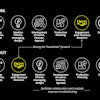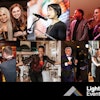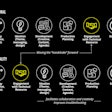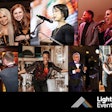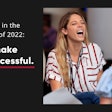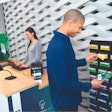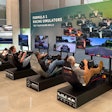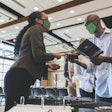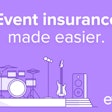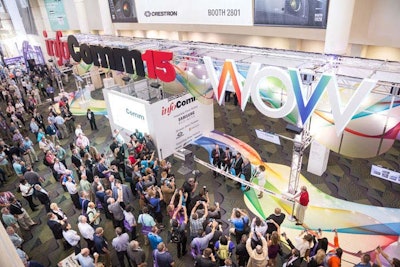
Fast, reliable Wi-Fi is a critical service at events, particularly at large trade shows and conventions where thousands of people are accessing the Internet simultaneously for everything from navigation to social sharing to product demos in expo booths. To meet that need, some exhibitors opt to use their own Internet service provider to supply Wi-Fi in their booths, rather than accessing the venue-wide system. In August, the Federal Communications Commission (F.C.C.) ordered one of the country’s largest providers of convention center telecommunication services to pay a $750,000 fine for blocking those types of mobile hotspots. The fine against Smart City came as the result of a complaint filed by Trade Show Internet, an independent Internet service provider, that Smart City was obstructing its customers from accessing the Internet at convention centers in Cincinnati; Columbus, Ohio; Phoenix; Orlando; and Indianapolis. According to the F.C.C. investigation, Smart City charged exhibitors $80 per day to access Wi-Fi in those venues and blocked those that didn’t pay the fee from accessing the Internet via mobile hotspots.
Ian Framson, co-founder of Trade Show Internet, says the ruling upholds the fundamental value of trade shows to serve as an open marketplace. “If you value freedom of choice and competition in the marketplace at large, then you should also value competition for telecommunication services and providing greater options to your exhibitors, who are your paying customers. And unless you view the Internet as your revenue source as a planner, you should encourage exhibitors to seek out all of the options available to them and get the best deal possible for their needs,” he says.
While the standard Wi-Fi provided by a venue may be sufficient for some exhibitors, Framson says others seek service with greater speed, lower costs, or fewer restrictions.
“We see companies doing everything from demonstrations on their websites, to providing local hotspots for visitors, to online wireless printing, to screen sharing and video gaming in their booths,” he says. “A lot of these applications would be impossible to do over the event-wide Wi-Fi network and would be very challenging to do with a one-size-fits-all IT provider who may not have a vested interest in serving an individual exhibitor.”
While the ruling specifically addressed the rights of individuals and exhibitors to use hotspots, Framson says it should also be a reminder to show organizers that they can negotiate with venues to contract their own Internet service provider for the overall event Wi-Fi as well. For example, for a technology conference or other highly connected event, the venue’s Wi-Fi capacity may be insufficient.
“The strategy that most venues use is they try to lock you in with their exclusive providers, for example for security, drayage, catering, Internet, telecom. In this country everything is negotiable, so if you like the venue and not their exclusive categories you either have to pick a new venue or you have to negotiate harder to get those categories open to competition,” Framson says. “But all of this has to be done up front. If I were a planner, I’d want in the contract that we reserve the right to bring in our own Internet provider. And there won’t be any corresponding fees or pass through costs to allow that to happen. That way the venue has the right to bid on it, but they can’t hold the planner hostage.”
In a statement, Smart City did not admit liability: "As recommended by the Department of Commerce and Department of Defense, we have occasionally used technologies made available by major equipment manufacturers to prevent wireless devices from significantly interfering with and disrupting the operations of neighboring exhibitors on our convention floors," the company said. "This activity resulted in significantly less than one percent (1 percent) of all devices being deauthenticated and these same technologies are widely used by major convention centers across the globe as well as many federal agencies."
This was the F.C.C.’s second major enforcement action regarding Wi-Fi blocking. In October 2014, the F.C.C. fined Marriott International and Marriott Hotel Services $600,000 for similar Wi-Fi blocking activities at the Gaylord Opryland Hotel and Convention Center.

